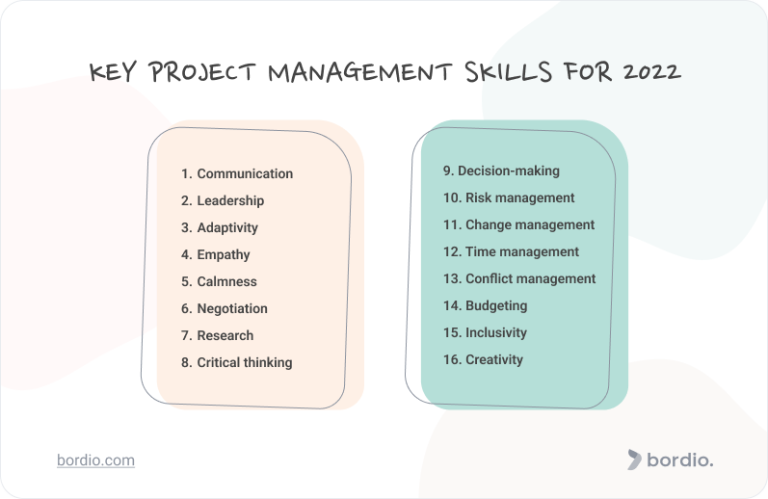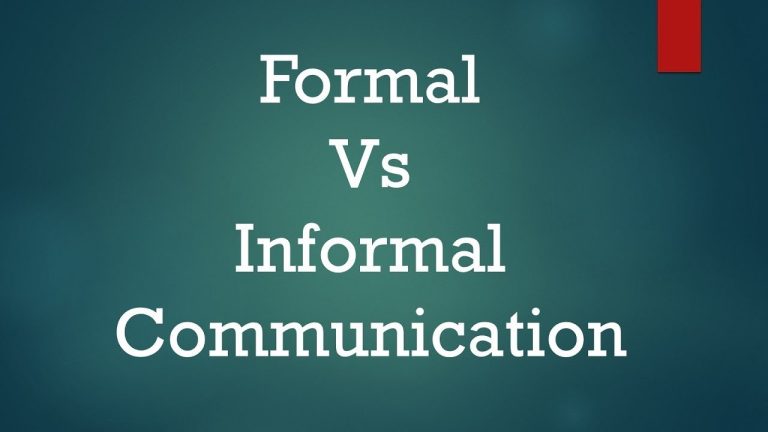Is Extemporaneous Speech Easy? The Truth Behind Thinking on Your Feet
Extemporaneous speaking is often misunderstood. To some, it looks effortless—just stand up and talk, right? But if you’ve ever faced a room, your mind racing to find the right words, you know it’s anything but easy. So is extemporaneous speech easy? Not quite. But it can be mastered—and once it is, it’s one of the most empowering skills you’ll ever gain.
Let’s break it down and see what makes extemporaneous speaking exciting, challenging, and completely worth your time.
What Is Extemporaneous Speech, Really?
Extemporaneous speaking means delivering a speech with little to no preparation—but it doesn’t mean speaking without structure or purpose. Unlike reading from a script or memorizing every word, it’s about thinking fast, organizing thoughts clearly, and connecting with your audience in real time.
Think of it as verbal jazz—improvised, but based on deep understanding and instinct.
Why It’s Not as Easy as It Looks
1. You’re Thinking, Speaking, and Performing at Once
You’re not just recalling information. You’re also:
- Organizing ideas on the fly
- Reading the room
- Modulating your voice and body language
- Avoiding filler words and tangents
It’s a full-body, full-mind effort. Your brain’s juggling act is intense—and without practice, it’s easy to blank or ramble.
2. Pressure Is Part of the Game
Whether it’s a debate competition, a job interview, or a toast at a wedding, extemporaneous speaking often happens under pressure. That adrenaline can either sharpen your edge—or completely throw you off.
3. There’s No Safety Net
No slides, no script, no second takes. You’ve got to trust your instincts and keep the flow going—even if you stumble. It requires confidence, resilience, and mental agility.
Why It’s Still Worth It
Despite its challenges, extemporaneous speech builds skills that transfer to nearly every area of life.
1. It Supercharges Communication Skills
You learn to speak clearly, persuasively, and naturally. People trust speakers who sound authentic and unpolished—not robotic or rehearsed.
2. It Boosts Confidence Under Pressure
Nervous before meetings? Panicked in interviews? Extemp training helps you stay cool and collected when stakes are high.
3. It Makes You a Better Thinker
To speak well without notes, you have to organize your thoughts fast. That sharpens critical thinking, logic, and your ability to simplify complex ideas.
How to Get Better (Fast)
If you want to master extemporaneous speaking, treat it like a skill—not a talent. Anyone can improve with the right tools and reps.
1. Use a Simple Structure
Most great extemp speeches follow a basic pattern:
- Hook: Start strong—grab attention
- Thesis: State your point clearly
- Body: 2-3 focused points, each with examples
- Conclusion: Wrap up with impact
Having this template in your back pocket helps you stay organized and sound sharp.
2. Practice With Prompts
Pull random topics and give yourself 2 minutes to prepare a 3-minute speech. Topics can be serious or fun—current events, personal experiences, or “what if” scenarios.
3. Record and Review Yourself
Watch your tone, body language, and pacing. Are you pausing too much? Rushing? Saying “um” a lot? Feedback is your secret weapon.
4. Join a Club or Compete
Toastmasters, speech and debate teams, and public speaking classes give you real-world practice, an audience, and feedback that makes you better fast.
The Secret: It’s Not About Being Perfect
Here’s what most people get wrong: they think extemporaneous speech is about sounding polished. It’s not. It’s about being clear, compelling, and real. Audiences connect with authenticity over perfection. They want to feel like you’re talking to them, not at them.
So don’t freeze up trying to say the “right thing.” Say something true. Say it with energy. The rest will follow.
Final Verdict: Is Extemporaneous Speech Easy?
No, it’s not easy—but that’s what makes it powerful.
It stretches your mind, challenges your comfort zone, and turns you into a sharper thinker and stronger communicator. The first few tries may be messy. But stick with it, and you’ll gain a skill that sets you apart in every room you enter.
Because when you can speak well without a script, you don’t just survive the moment—you own it.



